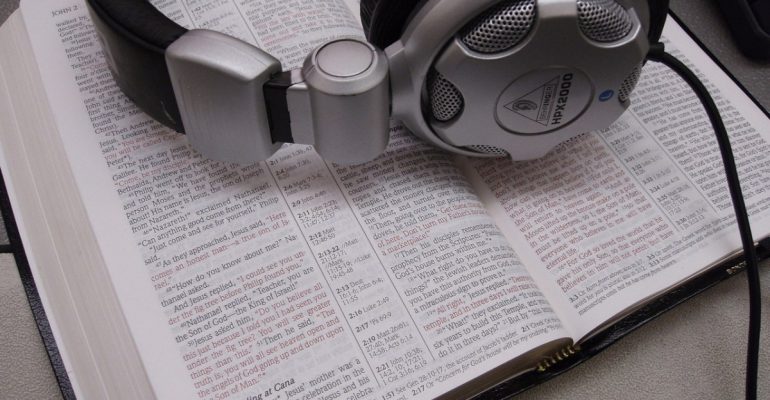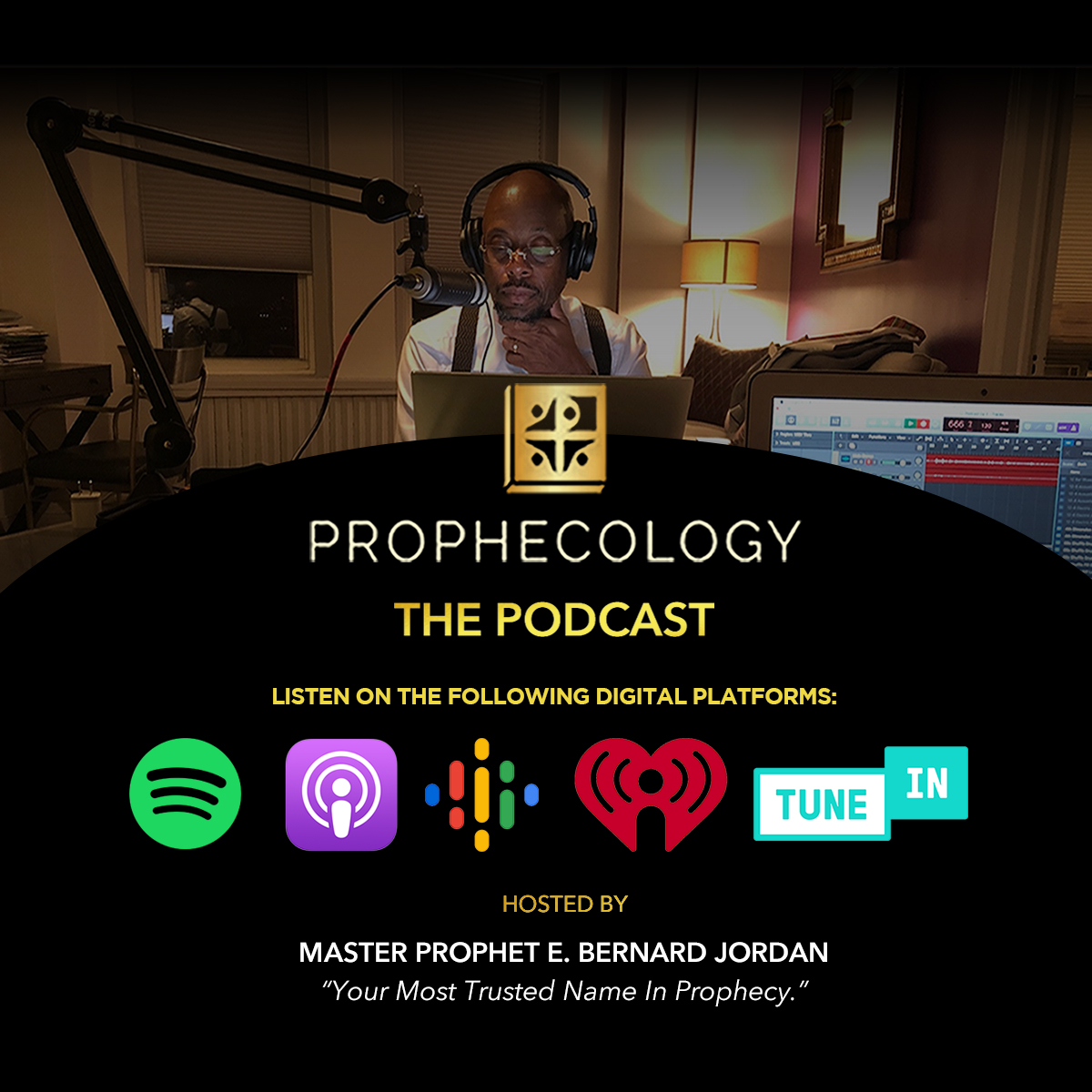THE WIDENESS OF LISTENING
October 25, 2017 2023-04-05 19:11THE WIDENESS OF LISTENING
THE WIDENESS OF LISTENING
Even when you are not speaking, you are speaking. As Christ’s follower, you must know that your action or inaction in the face of oppression, corruption, and abuse in society will speak volumes not just about who you are, but about Jesus Christ. Even when you are not doing anything to contribute to the perils of society, your inaction to prevent it speaks for itself. Apathy does not represent the heart of Jesus. As Deitrich Bonhoeffer puts it, “Silence in the face of evil is itself evil: God will not hold us guiltless. Not to speak is to speak. Not to act is to act.”
One who follows Christ cannot stay within the confines of the worship hall all his life. Not taking a stand is taking a stand for nothing. For Bonhoeffer, “Cheap grace is the preaching of forgiveness without requiring repentance. Baptism without church discipline. Communion without confession. Cheap grace is grace without discipleship, grace without the cross, grace without Jesus Christ.” In our lives, do we preach this “cheap grace” Bonhoeffer talks about or do we take a stand for the truth of the Gospel?
Apathy does not represent the heart of Jesus. Jesus Christ had pity and loving concern for the lowly and the needy. His words and deeds represent God’s mercy and grace in action. Jesus’ compassion is the basis of Christian confidence. It is to our benefit for Jesus to sympathize with us. In Hebrews 4:15, we read, “For we do not have a high priest who is unable to sympathize with our weaknesses, but we have one who in every respect has been tested as we are, yet without sin” (emphasis added). The Greek word here translated “sympathize” means “to be compassionate towards.” This, therefore, means that Jesus is compassionate towards us, even when we sin against him.
On the other hand, indifference is distinguished as “a neutral attitude to God that is as dangerous as hostility. It is condemned as a rejection of God’s love and of the needs of others.” King Solomon wrote, “The righteous know the rights of the poor; the wicked have no such understanding” (Proverbs 29:7). If we are truly followers of Christ, then we are righteous because of his blood. If we believe in Jesus, then we recognize the rights of the poor, and we do not turn a blind eye to them when their rights are violated, like the wicked do.
The Parable of the Good Samaritan (Luke 10:25-37) gives us a picture of the compassion of Christ. At the end of this parable, Jesus asks the lawyer, who is the audience to which this parable is told, “Which of these three do you think was a neighbor to the man who fell into the hands of the robbers (Luke 10:36 NRSV)?” The lawyer said, “The one who showed him mercy” (Luke 10:37 NRSV). Jesus responded to him, “Go and do likewise” (Luke 10:37b NRSV). As Jesus’ followers, we are called to show mercy in a world filled with people who are apathetic and cynical towards the needy.
Allow yourself to be an empty space for God to move and to minister to other people. Be equipped and sign up for this FREE Course and experience the Power of Prophecy to open up your mind to what God is doing in your life right now!
If your life should be like a Bible to your unbelieving friends, what can they read from yours?







